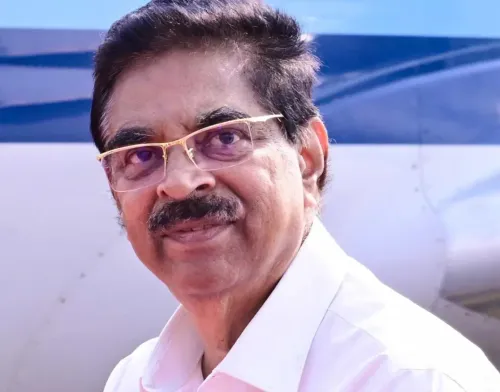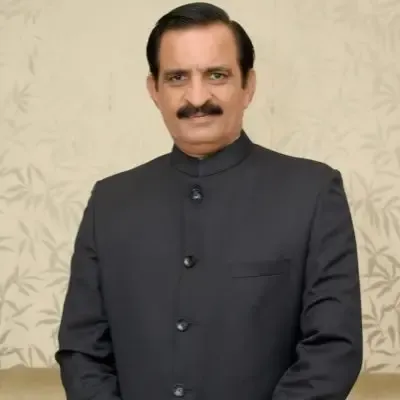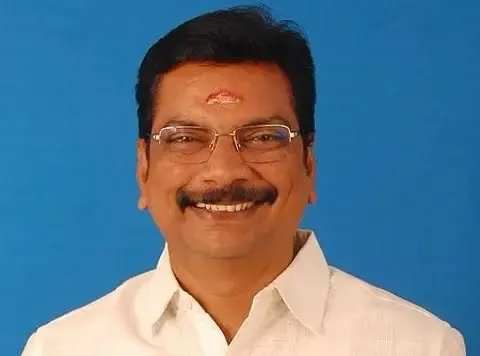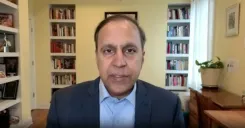Did the Gujarat Assembly Just Rename the Ayurvedic and Unani Board?
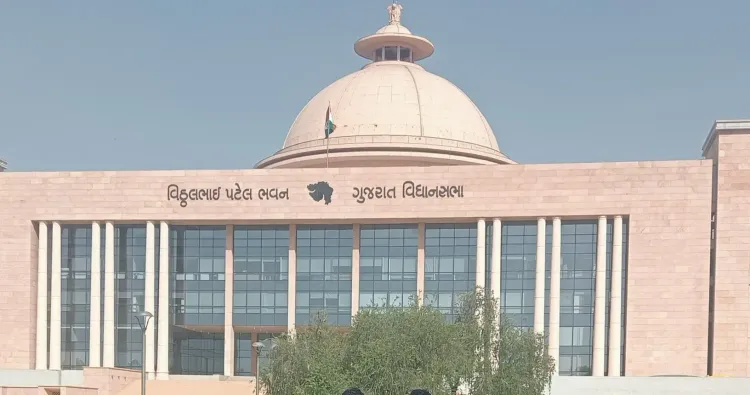
Synopsis
Key Takeaways
- The Gujarat Assembly has renamed the Ayurvedic and Unani Board to a Council.
- This change aims to align state laws with the National Commission for Indian Systems of Medicine.
- The council will operate with a five-year term and consist of 11 members.
- Registration for practitioners is mandatory under state law.
- Gujarat continues to promote Ayurvedic practices through government initiatives.
Ahmedabad, Sep 10 (NationPress) The Gujarat Assembly has unanimously approved the Gujarat Medical Practitioners Amendment Bill, 2025, marking a significant shift in the state's regulatory structure for traditional medicine.
With this amendment, the Gujarat Board of Ayurvedic and Unani System of Medicine will now be referred to as the Gujarat Council of Ayurvedic and Unani System of Medicine.
During the presentation of the Bill, Health Minister Rushikesh Patel stated that the goal of this legislation is to enhance the registration process for Ayurvedic and Unani practitioners in Gujarat and to uphold an official registry of qualified medical professionals.
He pointed out that, according to the Gujarat Medical Practitioners Act, 1963, it is compulsory for graduates in these medical disciplines to register before they can practice, with unregistered practice being a punishable offense.
The Minister elaborated that this restructuring aligns with the National Commission for Indian Systems of Medicine (NCISM) Act, 2020, which reserves the term “Board” for four national regulatory entities. To comply with this central law, the amendment substitutes “Board” with “Council” in most sections of the 1963 Act.
Similar to its predecessor, the council will operate for a five-year term and will consist of 11 members—four appointed by the state government and seven elected representatives. Patel emphasized that while the change is primarily technical, it ensures that Gujarat’s regulatory framework is consistent with national standards.
The passage of this Bill signifies that Gujarat has formally aligned its governance of traditional medicine with the new central framework, reinforcing its commitment to bolstering Ayurvedic and Unani systems within the state. The practice of Ayurveda in Gujarat is well-established, merging age-old traditions with contemporary healthcare practices.
The state hosts various Ayurvedic colleges, research facilities, and hospitals, particularly in cities like Ahmedabad, Vadodara, and Jamnagar, which is home to the renowned Gujarat Ayurved University.
Additionally, Gujarat enjoys a vibrant herbal medicine and wellness sector, with local practitioners providing treatments ranging from Panchakarma therapy to herbal solutions for chronic ailments.
Backed by government initiatives that promote AYUSH (Ayurveda, Yoga & Naturopathy, Unani, Siddha, and Homoeopathy), Ayurveda remains a trusted healing system, especially in rural communities where traditional medicine is an integral part of daily life.


